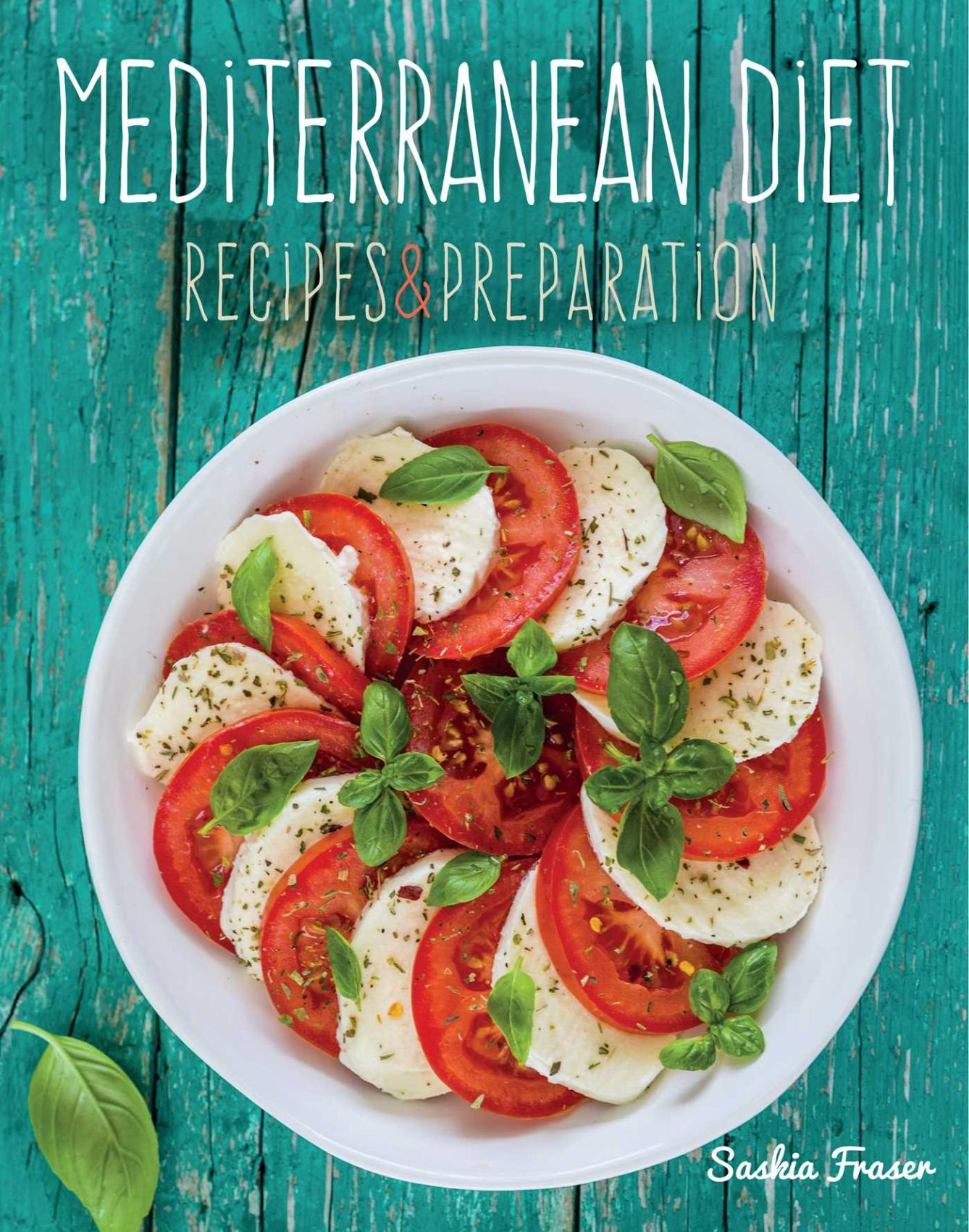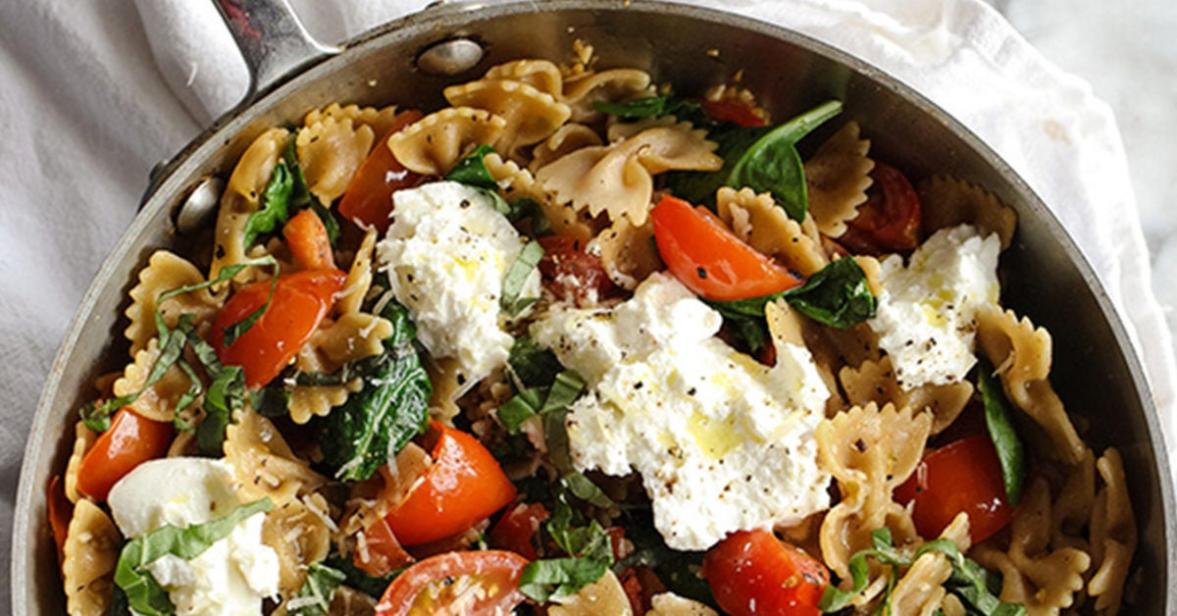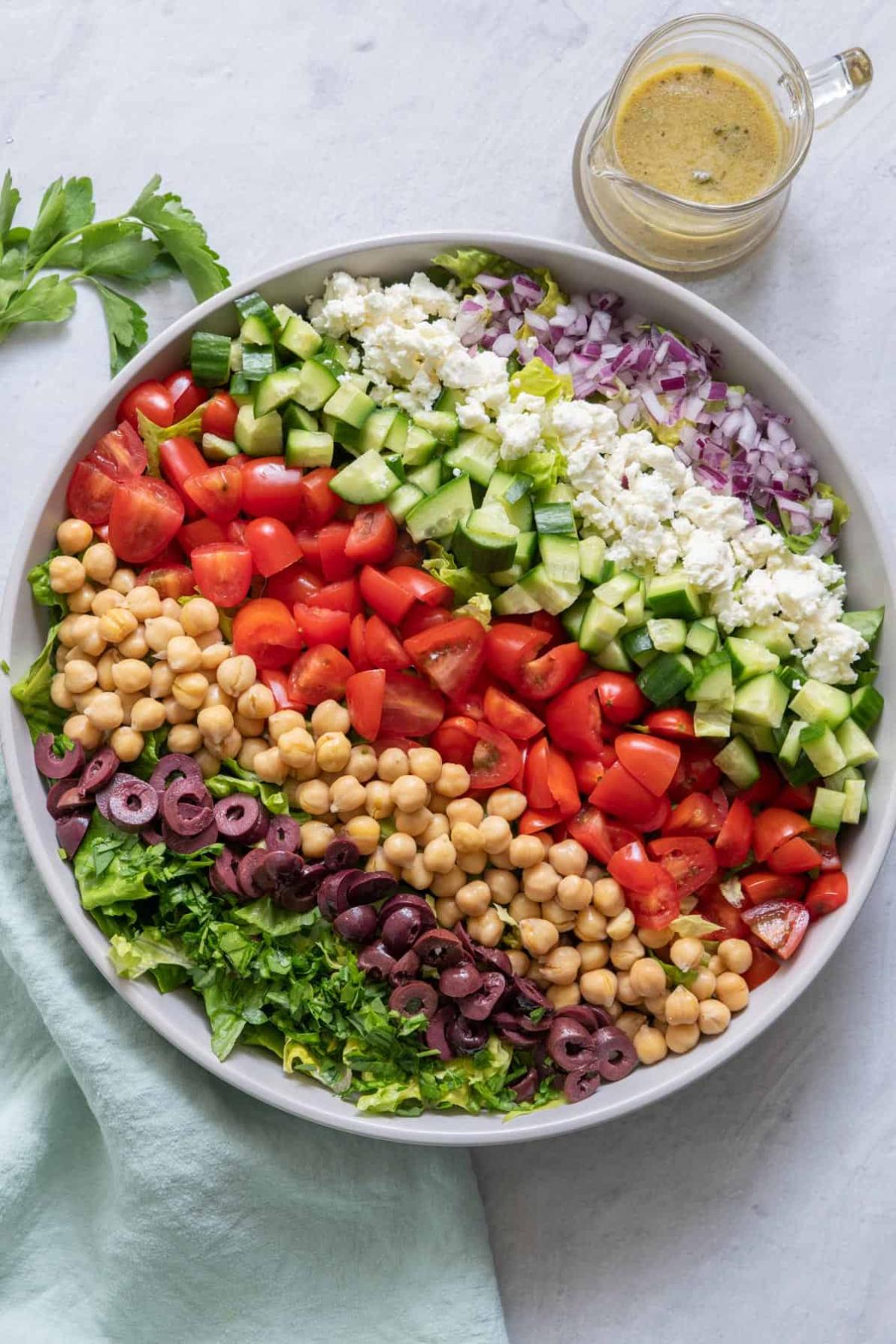How Can I Incorporate More Fruits and Vegetables into My Mediterranean Diet?
The Mediterranean diet is a traditional way of eating that originated in the countries surrounding the Mediterranean Sea. It is known for its focus on fresh, whole foods, including fruits, vegetables, whole grains, legumes, nuts, and seeds. The Mediterranean diet has been associated with a number of health benefits, including a reduced risk of heart disease, stroke, type 2 diabetes, and certain types of cancer.

Health Benefits Of Incorporating More Fruits And Vegetables Into The Mediterranean Diet
Incorporating more fruits and vegetables into the Mediterranean diet can provide a number of health benefits, including:
- Reduced risk of chronic diseases: Fruits and vegetables are rich in antioxidants, which can help protect cells from damage. They are also a good source of fiber, which can help lower cholesterol and blood sugar levels.
- Improved digestive health: Fruits and vegetables are a good source of fiber, which can help keep the digestive system moving smoothly. They are also a good source of prebiotics, which are beneficial bacteria that can help promote a healthy gut microbiome.
- Boosted immunity: Fruits and vegetables are a good source of vitamins and minerals, which are essential for a healthy immune system.
- Healthy weight management: Fruits and vegetables are low in calories and fat, and they are a good source of fiber, which can help keep you feeling full and satisfied.
Understanding The Mediterranean Diet
The Mediterranean diet is a flexible and varied way of eating that emphasizes fresh, whole foods. The key components of the Mediterranean diet include:
- Fruits and vegetables: Fruits and vegetables should make up the majority of your meals.
- Whole grains: Whole grains, such as brown rice, quinoa, and oats, are a good source of fiber and other nutrients.
- Legumes: Legumes, such as beans, lentils, and chickpeas, are a good source of protein, fiber, and other nutrients.
- Nuts and seeds: Nuts and seeds are a good source of healthy fats, protein, and other nutrients.
- Olive oil: Olive oil is a healthy fat that is used in many Mediterranean dishes.
- Moderate amounts of fish and poultry: Fish and poultry are good sources of protein and other nutrients. They should be consumed in moderation, about 2-3 times per week.
- Limited amounts of red meat and processed meats: Red meat and processed meats should be consumed in limited amounts, no more than once or twice per week.
- Moderate amounts of dairy products: Dairy products, such as milk, yogurt, and cheese, can be consumed in moderation, about 2-3 servings per day.
- Limited amounts of added sugar and unhealthy fats: Added sugar and unhealthy fats, such as saturated and trans fats, should be limited.

The Mediterranean diet is a healthy and sustainable way of eating that can provide a number of health benefits. By incorporating more fruits and vegetables into your Mediterranean diet, you can improve your overall health and well-being.
Practical Tips For Incorporating More Fruits And Vegetables Into The Mediterranean Diet
Here are some practical tips for incorporating more fruits and vegetables into your Mediterranean diet:
- Start small: Don't try to change your entire diet overnight. Start by adding a serving of fruits or vegetables to each meal. You can gradually increase your intake over time.
- Make fruits and vegetables accessible: Keep fruits and vegetables visible and within reach. Pre-cut and store fruits and vegetables for easy snacking.
- Experiment with different ways to prepare fruits and vegetables: Roast, grill, saut\u00e9, or stir-fry vegetables. Add fruits to salads, smoothies, or yogurt. Use fruits and vegetables as toppings for pizzas, tacos, or sandwiches.
- Incorporate fruits and vegetables into sauces, dips, and dressings: Make homemade tomato sauce using fresh tomatoes. Create a simple vinaigrette dressing with olive oil, lemon juice, and herbs.
- Use fruits and vegetables as snacks: Carry fruits and vegetables with you for on-the-go snacking. Pair fruits with nuts, yogurt, or cheese for a satisfying snack.
Specific Fruit And Vegetable Recommendations For The Mediterranean Diet

Here are some specific fruit and vegetable recommendations for the Mediterranean diet:
Fruits:
- Berries (strawberries, blueberries, raspberries, blackberries)
- Citrus fruits (oranges, grapefruits, lemons, limes)
- Apples
- Pears
- Bananas
- Grapes
- Figs
- Dates
Vegetables:
- Leafy greens (spinach, kale, arugula, romaine lettuce)
- Cruciferous vegetables (broccoli, cauliflower, cabbage, Brussels sprouts)
- Tomatoes
- Cucumbers
- Bell peppers
- Eggplant
- Zucchini
- Artichokes
- Asparagus
By following these tips, you can easily incorporate more fruits and vegetables into your Mediterranean diet. Enjoy the many health benefits that come with eating a Mediterranean diet, including a reduced risk of chronic diseases, improved digestive health, boosted immunity, and healthy weight management.
YesNo

Leave a Reply